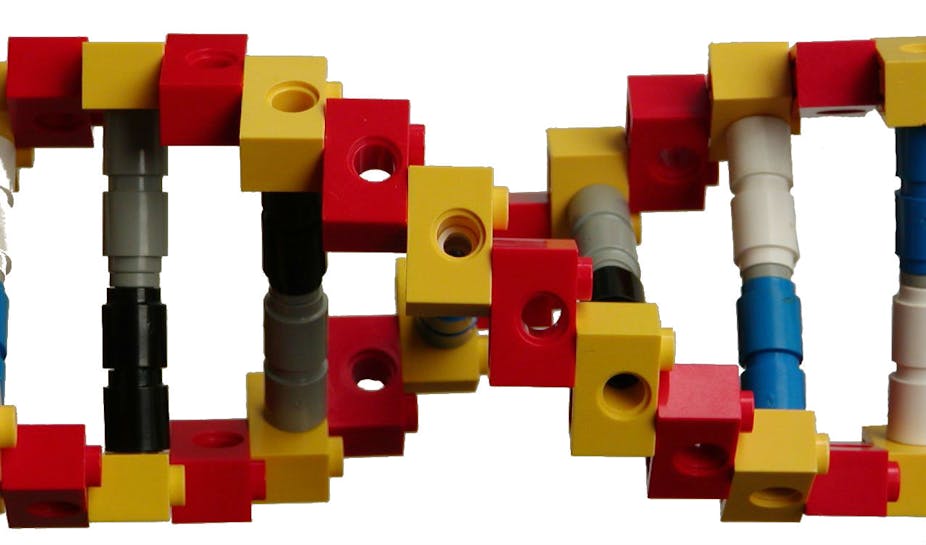The 100,000 Genomes Project has just sequenced the 100th genome. The project, launched by the prime minister two years ago, aims to sequence 100,000 whole genomes from NHS patients and families with cancer and rare diseases by 2017.
Like past “big science” investments in genetics, the 100,000 project has been promoted as something that will lead to a revolution in clinical medicine. According to Genomics England, a company set up by the Department of Health to deliver the project, it is “a transformation project to use genomic medicine to change how patients are treated in the NHS” as well as being a scientific research project and a new way of caring for patients. Cancer, for example, is one of the main areas the project will focus on.
How will it ‘transform’ care?
But despite this, there is little attention paid, at least in media communications and policy statements, to how the changes involved in transforming patient care using this new knowledge will occur. What do we actually know about what is involved in embedding genetics and genomics in the NHS? Not much.
We agree with the PHG Foundation, a health think-tank with a focus on genomics and emerging health technologies, that it is crucial that efforts should be put in place now to ensure that patient benefit occurs as a result of the investment in genomics. But doing this won’t be an easy task. Embedding new genomic knowledge into routine healthcare will involve understanding complex processes of change and innovation in the NHS.
It is not clear how the medical specialities of cancer, cardiology and paediatrics (in which some genetic testing is already being done and which are the areas in which the work of Genome England is focused) are gearing up to interpret, communicate and otherwise manage genomic information about the 100,000 patients (and potentially their family members). It goes beyond just educating wider health professionals to understanding the ethical and social nuances raised by such information. An example is understanding practice around test information management that has developed within clinical genetics.
The challenges of moving from research endeavours to patient benefit within the health system are best understood through another science: sociology. Urgent attention needs to be paid to how genetic knowledge and technologies can impact current clinical practice, professional cultures, as well as infrastructure organisation. Sociological unpicking of the relationships, norms and cultures involved in medical practice has proved to be useful in understanding complex processes of innovation and change, such as changing patterns of doctor-patient communication and their role in producing good health outcomes.
More than just knowing
Health-care is about more than simply applying science and technology to diseases. Questions about how they will be applied in practice need to be addressed. For example, what does “patient benefit” mean to healthcare professionals and to patients? How are test results communicated and stored across medical specialities, and which tests require special handling? (For example, information provided by tests that concern an individual or family member’s future health or disease.)
Is a genetic or genomic test result appropriately handled the same way as the result of an echo-cardiogram that shows the structure and function of the heart? Are medical specialities other than clinical genetics prepared to provide routine counselling and informed consent for genetic tests? These are only some of the myriad complex sociological factors involved in “mainstreaming genomics” in healthcare, but which don’t seem to have been addressed.
These are not questions that can be hived off as simply ethical, as if these issues were not part of clinical practice. We argue for more sociologically informed understanding of how all of Genomics England’s endeavours will lead to the promise of patient benefit and transformation of healthcare – and in ways that are feasible, effective and patient-centred.

